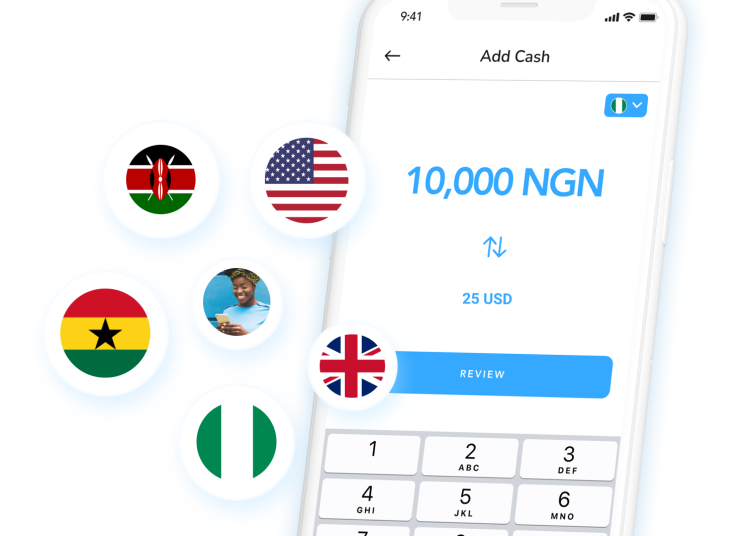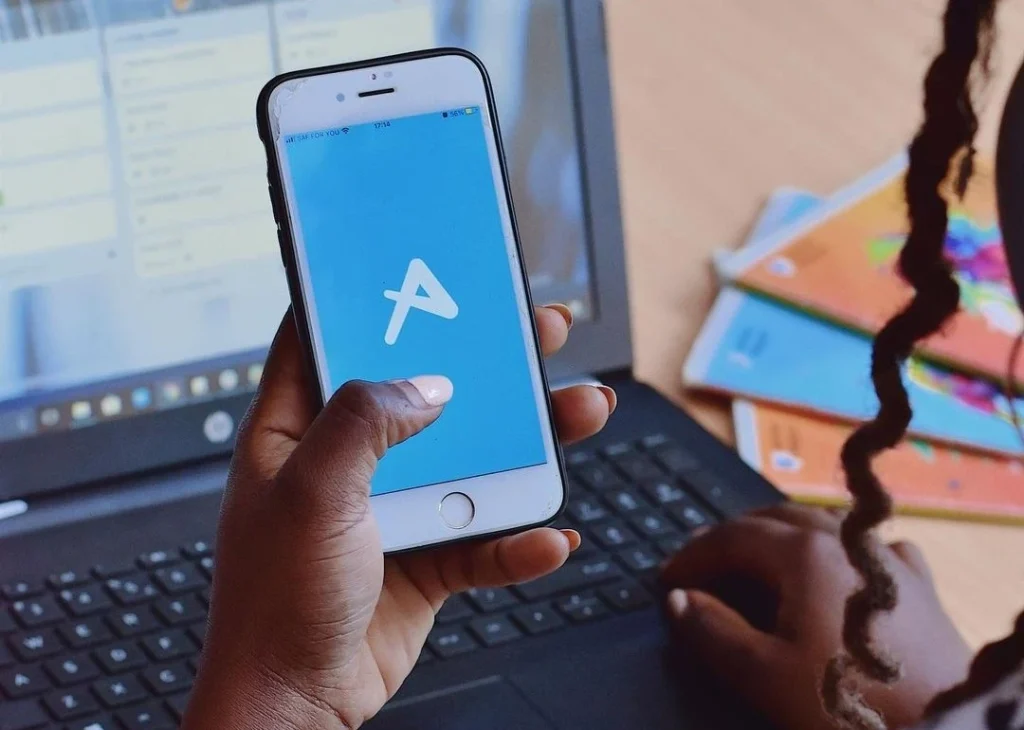- Afriex processes over US$5 million in monthly transfers, and has grown its customer base by 500 per cent in the last half a year
- Afriex is an application where one can send money from the United States, Canada and The United Kingdom to Nigeria, Ghana and Uganda in minutes
- The advantages of Afriex over other money transfer programs are that the app is cheaper, does not have hidden charges and can also send money through bitcoin
Blockchain technology in Africa is making significant steps in creating innovations that influence the people’s lives on the continent.
Afriex, a Nigerian fintech startup, has raised US$10 million for its blockchain money transfer programme as it aims to overrun Wise, Western Union and Money Gram in the market.
How does Afriex work?
Afriex is an application where one can send money from the United States, Canada and The United Kingdom to Nigeria, Ghana and Uganda in minutes.
The money transfer programme is linked to local banks; one can deposit money to the app from the bank and withdraw from the app to the bank quickly. The service was created to serve Nigerians but has since expanded into Uganda, Kenya and Ghana.
Read: South Africa: Blockchain technology brings to an end fake and counterfeit university certificates
The advantages of Afriex over other money transfer programmes are that the app is cheaper, does not have hidden charges and can also send money through bitcoin.
The application presents itself as an excellent platform to offer remittances in Africa. World Bank reports that remittance inflows to Sub-Saharan Africa increasing by 6.2 per cent to $45 billion in 2021.

Afriex makes money by arbitraging the currency and crypto exchange rates when a customer transacts. The startup raised a US$1.3 million seed round in May 2021 and has just closed a US$10 million Series A round at a $60 million valuation.
The financing was co-led by Sequoia Capital China and Dragonfly Capital, with participation from Stellar Foundation, Goldentree and Exceptional Capital, among others.
The Dragonfly Capital managing partner, Haseeb Qureshi, tells Forbes that he was impressed by Tope Alabi and his startup. As he sat seed round, he wasn’t sure how it would scale after many failed attempts of founders to build crypto businesses targeting the African consumer.
Read: Skepticism hindering blockchain technology adoption in Africa
The founders have an ambitious vision for the platform, aside from its current focus as a money transfer product. Tope hopes to use Afriex to launch a stablecoin and has already inked a partnership with Visa to offer the users of the platform credit and debit cards later this year.
Furthermore, Tope hopes Afriex will be able to give people in Africa a place to store their money that does not fluctuate or get impacted by external forces as much as the current currencies do. For example, his uncle in Nigeria loses up to 10 per cent of each paycheck due to currency fluctuations, he says.
The app was created by co-founders Tope Alabi and John Obirije.
After 20 years in the United States, Tope moved back to Nigeria in 2019 to create something with his accumulated knowledge working at Consensys, a blockchain consultant firm.
Tope and Obirije created a money transfer system that utilized blockchain technology to enable their users to send funds by converting them into stablecoins (cryptocurrencies that peg their interests to an external fiat currency).

The two launched Afriex in 2019, and the traction was instant. Tobi alludes to their success to the onset of COVID-19 that brought inter border travel to a halt.
Afriex had the challenge of getting investors to inject money into the startup as they did not believe in the potential of the African market, Tobi says. The startup launched amongst many other fintech companies targeting the often overlooked African consumers.
CB Insights reports that over US$1.4 billion was invested into African fintech companies in 2021, a nearly sevenfold increase from the previous year.
Fintech companies are gaining a lot of traction in Africa. In 2021, these companies raised more than half of the US$2.2 billion total of venture capital funding across the continent.
“We are building this web3 network of financial institutions that could almost become something like the next Visa,” Tope concludes.
Read: Beyond control: Why African governments fear blockchain technology











